Artificial Intelligence (AI) refers to the simulation of human intelligence in machines that are programmed to mimic and perform tasks that would typically require human intelligence. This includes: speech recognition, decision-making, problem-solving, and learning.
Refers to the simulation of human intelligence in machines that are programmed to mimic and perform tasks that would typically require human intelligence.
AI encompasses a wide range of techniques, algorithms, and approaches that enable machines to analyze and interpret data, make informed decisions, and adapt to changing circumstances.
There are 4 main types of AI currently:
- Reactive machines: have no memory and require specific tasks. It is the most reliable, typically using a machine learning model, and is often used in inventions like recommendation or suggestion models. An example of a reactive machine would be Netflix recommendations.
- Limited memory: this imitates the way brain neurons work together, improving as more data is imputed. Unlike reactive machines, limited memory AI looks into the past to monitor specific situations so that actions can be made based on past and present data. An example of limited memory AI would be self-driving cars that observe the behavior of other cars on the road.
- Theory of mind: This hypothetical type of AI would be able to understand how others have thoughts and emotions. This would mean the AI could understand intentions and predict the behavior of others in human relationships.
- Self-awareness: This final evolution of AI would have a sense of self and consciousness of their existence. Ultimately this would be the creation of robotic humans; aware of themselves with the ability to predict others’ feelings.
AI has the potential to revolutionize various industries. It can enhance productivity, improve decision-making processes, and automate repetitive tasks, allowing humans to focus on more complex and creative endeavors. However, it also raises concerns regarding job displacement, privacy, bias, and the need for ethical guidelines. At the same time, AI still has its limitations, where outputs can either be completely wrong or biased.
AI represents a remarkable field that continues to evolve and shape our world. Its potential to transform industries and society is vast, and as researchers and practitioners strive for responsible and ethical development, we must embrace its possibilities while ensuring human well-being remains at the forefront of AI advancements.

